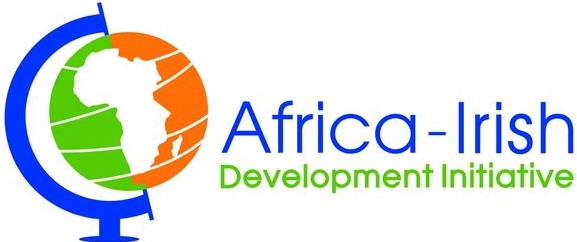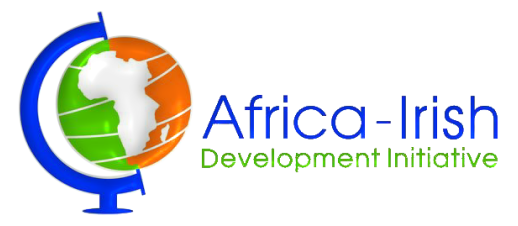Behavioural Change
We believe the Core value system places huge importance on diversity, inclusion, and equality which we know that laws governing our communities uphold based on concepts of equity and justice. We are in a digital world where prejudice, discrimination, and racism can raise disaffection rather than the protection of human and civil rights.
The manipulations of the media and the rise in populism have affected public trust among the people of African descent in Ireland, hence trust and trustworthiness are central to empowering humanity. What motivates human thinking is behaviour and behavioral change.
Our role and responsibility with Black and Africa History Month in Ireland is expertise with integrity and independence of Blacks and the People of Africa Descent in order to empower humanity.
Access Inclusion Integration
Racial inequality derives from discrimination; prejudice and racism are barriers in society that make participation and inclusion challenging and difficult in our communities in Ireland. As Ireland’s organisation, Africa-Irish Development Initiative is placed to tackle these barriers, both by ensuring access to our communities and research for the people, and also by identifying solutions that can be applied across all sectors.
Our environment should be designed to build products and services, information, and communication channels that can be accessed understood and used by everyone, regardless of your race, culture or background. It is important that our policy makers embed a universal design in our society to facilitate access and inclusion as a pipeline for people to understand access and inclusion as a fundamental right, and work to achieve inclusion in whatever they do.
It is tempting to think of access marginal and relevant to one group within the population. However, if we accept that everyone is only temporarily able, then we can see the essence of designing our society so that we can all participate and contribute at every stage and level of our lives. If the government ensures that accesses are open to all, we will be able to tap into a “Talent” base with expertise in creativity, balanced problem-solving and innovations so that our society can continue to to grow and becomes a standard rather than exceptions.
Language and Culture Matters
In Europe, especially in Ireland, multilingualism is rapidly growing through more immigration and a renewed interest in Irish culture. It has been ascertained that being bilingual is an asset, good for the brain, and of superpower. One in four parents in Ireland struggles with confidence in how best to raise bilingual children and has huge concerns over discrimination.
Passing a mother-tongue language to children is not given, but earned. This requires a decision, commitment, dedication, and more support from the government, agencies, institutions, professionals, relatives, teachers, early years practitioners, etc in the shape of a positive attitude towards bilingualism regardless of the language and cultural background. All over the world, statistics show that there are more people who are bilingual or multilingual than people who speak only one language. We all know that the “Monolingual” mindset affects our societal norms, how we view others, our professional training, how we form policies, and stratification in our workplaces.
Some parents have confessed to feeling angry with themselves because, in order to shield their children from discrimination, decided to speak only the English Language to them instead of their mother tongue and are now at a loss to connect with them in the language of their heart and their ancestors.
Despite these many challenges and opportunities bilingualism and multilingualism pose, AIDI advocacy involves communicating the value and instilling confidence in parents who want to transmit their mother tongue language to their children, as well as in practitioners who wish to create a welcoming environment for bilingual and multilingual children society.


